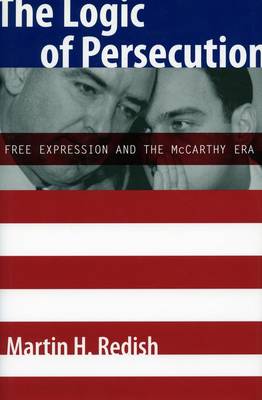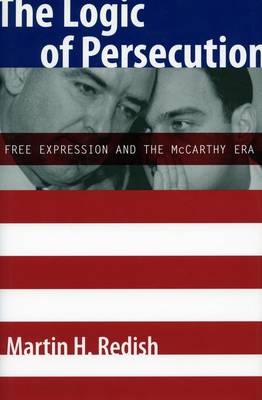
- Afhalen na 1 uur in een winkel met voorraad
- Gratis thuislevering in België vanaf € 30
- Ruim aanbod met 7 miljoen producten
- Afhalen na 1 uur in een winkel met voorraad
- Gratis thuislevering in België vanaf € 30
- Ruim aanbod met 7 miljoen producten
Omschrijving
This book demonstrates that neither the current liberal nor conservative position on the McCarthy era provides the basis for an appropriate normative perspective. Adding the perspective of the theory of free expression, it becomes apparent that both sides have ignored a vitally important point. While recently declassified documents demonstrate widespread participation by American Communists in conducting or facilitating espionage, much of the negative treatment received by American Communists had little or nothing to do with such activity.
From the perspective of the First Amendment right of free speech, there exists a significant difference between speech that advocates conduct, on the one hand, and speech that itself is part of a nonspeech criminal act, such as espionage, on the other. By helping to separate protected speech from unprotected "speech-acts," First Amendment theory can do much to distinguish between the legitimate governmental responses to American Communism and those that contravened basic notions of communicative freedom protected by the Constitution. At the same time, by focusing the First Amendment inquiry on the McCarthy era, one should be able to glean insights about the broader implications of free speech protection.
Specificaties
Betrokkenen
- Auteur(s):
- Uitgeverij:
Inhoud
- Aantal bladzijden:
- 320
- Taal:
- Engels
Eigenschappen
- Productcode (EAN):
- 9780804755931
- Verschijningsdatum:
- 25/07/2006
- Uitvoering:
- Paperback
- Formaat:
- Trade paperback (VS)
- Afmetingen:
- 154 mm x 228 mm
- Gewicht:
- 430 g

Alleen bij Standaard Boekhandel
Beoordelingen
We publiceren alleen reviews die voldoen aan de voorwaarden voor reviews. Bekijk onze voorwaarden voor reviews.











